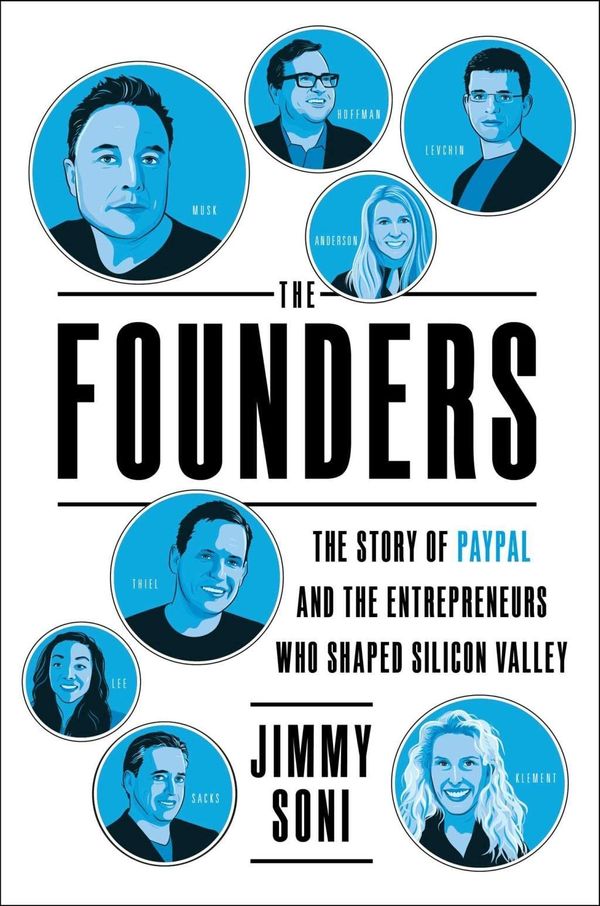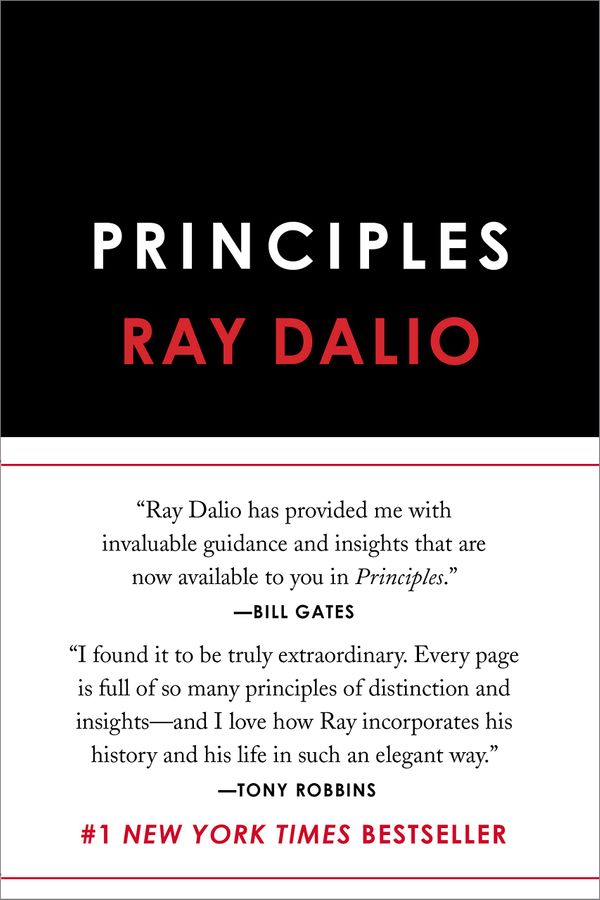By Clayton M. Christensen (2012)
Pages: 221, Final verdict: Should-read
Clayton Christensen is one of world's most acclaimed business thinkers, famous for his theory on innovation published in the book The Innovators Dilemma. But How Will You Measure Your Life is not a business book. It is a book on how to apply business theory in our personal lives - how to be strategic in our careers or how to prioritize family time, in order to lead a happy and fulfilling life.
Learning the theory first
Early in the book, Christensen writes about the reunion meetings with his former Harvard Business School MBA colleagues. It turned out that, as they got older and despite their spectacular careers, many of his colleagues were unhappy, or worse! - one of them even ended up in jail for his role as the CEO of Enron. How could he and others avoid such unhappiness is the core of How Will You Measure Your Life.
"I don't promise this book will offer you any easy answers (...) It has taken me decades. But it has also been of the most worthwhile endeavours of my life." - Clayton M. Christensen
Professor Clayton Christensen is a fan of theory. He believes that proven theories, more than anecdotes, can explain how businesses and people succeed. Theories explain why they succeeded and provide the best guidance to whoever wants to replicate that success.
Therefore, it is on theory that this book is based on. The ten chapters in the book are divided between finding meaningful careers, happiness in relations and leading a life of integrity. And each chapter is dedicated to a theory, starting with a description on how it works for business and later explaining how it could be applied in our personal lives.
I would like to point out to three examples of theories in the book:
1. Emergent and deliberate strategies
We learn about the example of Honda trying to enter the US market in the 1960s with motorcycles similar to the ones from American manufacturers. Eventually, sales took off for Honda's smaller motorcycles, against the expectations of the company. Honda adapted its strategy (switching from a deliberate to an emergent strategy) and quickly became a market leader.
Christensen advocates that we must also consider the best time for emergent or deliberate strategies in our careers. If we are not yet sure of what exactly we are looking for in a career, it does not make sense to follow a deliberate path. Instead, we should be open to new opportunities until we find what makes us tick. Once we find it, go full on with a deliberate strategy for growth in that career path.
2. Jobs to be done
A fast food chain hired Clayton Christensen to find out why they couldn't increase the sales of one of their products - a milkshake. The conclusion was that there were two different jobs which the milkshake was "being hired for": keeping people busy in the morning while they drove through traffic; and giving parents a way to buy their children's favour.
The question Christensen challenges us to ask is what kind of job does my spouse/children/friends most need me to do? Using that thinking, we can achieve a better understanding of what are the best things we can do to improve other's lives and strengthen our relationships.
"But you have to go beyond understanding what job your spouse needs you to do. You have to do that job. You'll have to devote your time and energy to the effort, be willing to suppress your own priorities and desires, and focus on doing what is required to make the other person happy." - Clayton Christensen
3. Full vs. marginal thinking
Blockbuster didn't chase the market of on-demand DVD renting created by Netflix because it was a lower margins business. Moreover, it would cannibalize current Blockbuster sales. By just considering the marginal advantages of that business opportunity, Blockbuster failed to understand the full implications of continuing on a doomed business model.
The lesson Christensen wants us to take from the full vs. marginal thinking theory is that we should always pay attention to the full scope of our decisions. Although the marginal advantages of making moral concessions and not doing the right thing might seem advantageous, it will eventually come back to haunt us. To live a life of integrity, Christensen recommends that we find what we stand for and we stick to that 100% of the time.
Bottom line
How Will You Measure Your Life is a great book. I especially like that it combines business and lifestyle lessons. Written just after Clayton Christensen had survived cancer, it is a well-thought source of questions for reflection for all of us.
The book reads very easily and I love short books, but in this case I feel like the book could actually be longer. Such a broad number of theories means that each one is only briefly explored. For example, I would love to hear more elaborate details on why business theories would be applicable on a personal level.
Lastly, I didn't find the answer to the question of how will I measure my life, but as Christensen says: there are no easy answers. Concise and inspiring, How Will You Measure Your Life is definitely a recommended reading.
Further learning:
- Buy the book online.
- Read The Innovators Dilemma - Christensen's most famous work
- Visit Clayton Christensen's webpage
- Learn more about the Jobs-to-be-done theory
Happy reading.



